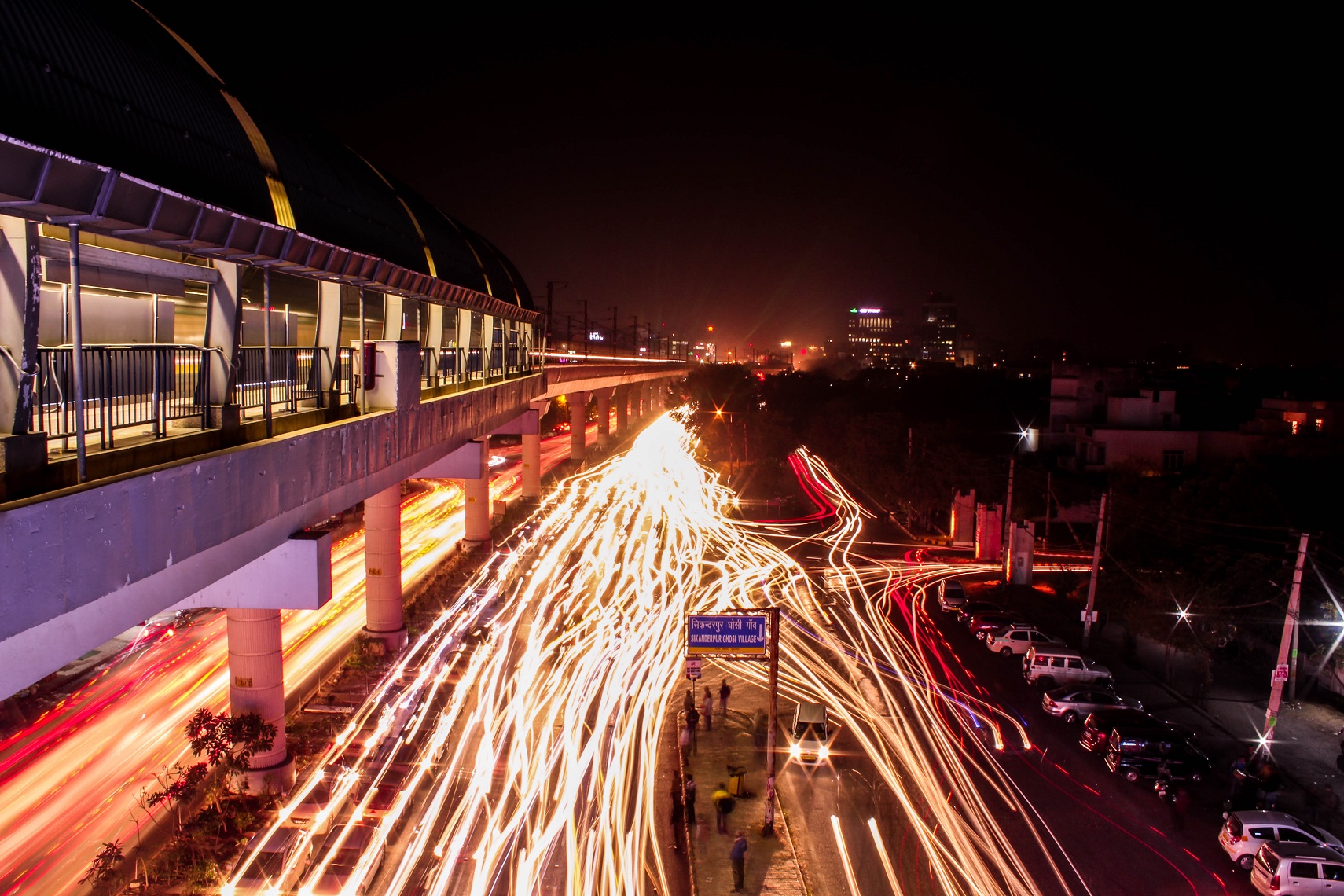The Indian government has officially shelved its plan to build its own cryptocurrency, after months of rumors. As first reported by the Quartz, the government will not hurry its decision to form a stance on crypto either.
Pon Radhakrishnan, Minister of State for finance, expressed the hesitancy in forming regulation for a fledgling asset class, saying,
In absence of a globally acceptable solution and the need to devise technically feasible solution, the department is pursuing the matter with due caution. It is difficult to state a specific timeline to come up with clear recommendations.
The country’s authorities have largely been unsure as to how to approach regulation. For the most part, it has been critical of cryptocurrencies and against legalizing them.
The government had previously established a panel in a bid to form an opinion and framework for the space, but there too opinions have varied, with the first panel report suggesting that cryptocurrencies be banned outright, while a second panel report tentatively suggested strict laws must accompany digital assets.
The next panel meeting was scheduled for January 2019, which was to further clarify its statement regarding the laws that must be passed on the space. With the news that no clarification is imminent, India’s crypto investors are once again left in the dust.
India’s Central Bank Will Not Launch Its Own Cryptocurrency
Rumors of a a central bank-created cryptocurrency — a Central Bank Digital Currency (CBDC) — began making the rounds in April 2018. However, the Hindu Business Line source now says,
The government doesn’t want the digital currency any more. It thinks it is too early to even think about a digital currency.
A statement by the Financial Services Board (FSB), a global entity comprising of over 20 countries that includes India, has downplayed the threat of digital assets to global financial stability,
The FSB has undertaken a review of the financial stability risks posed by the rapid growth of crypto-assets. Its initial assessment is that crypto-assets do not pose risks to global financial stability currently.
India’s lack of clarity on regulation will trouble investors and entrepreneurs in the nation, who have been pushing for the government to consider crypto as a legitimate industry since the Reserve Bank of India (RBI), India’s central bank, commanded all banks to stop serving exchanges last year.

